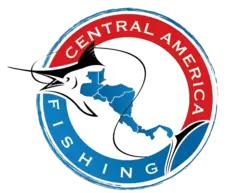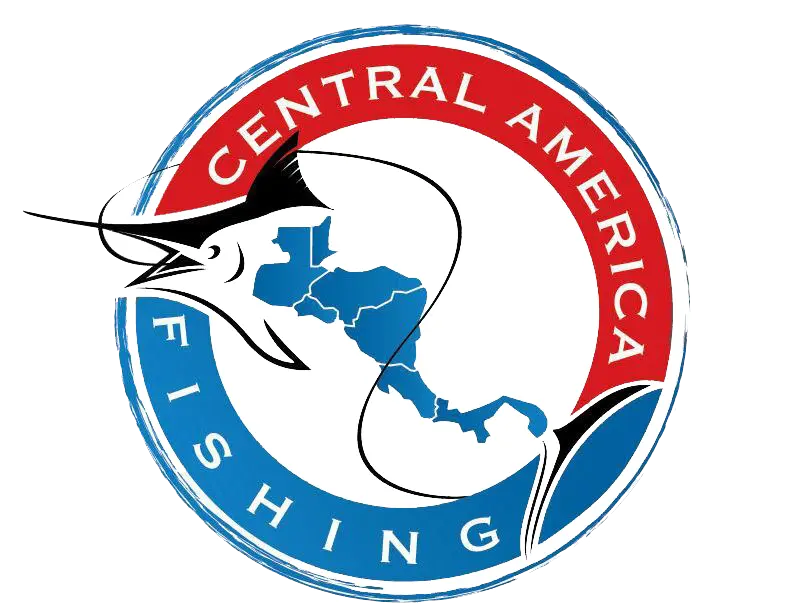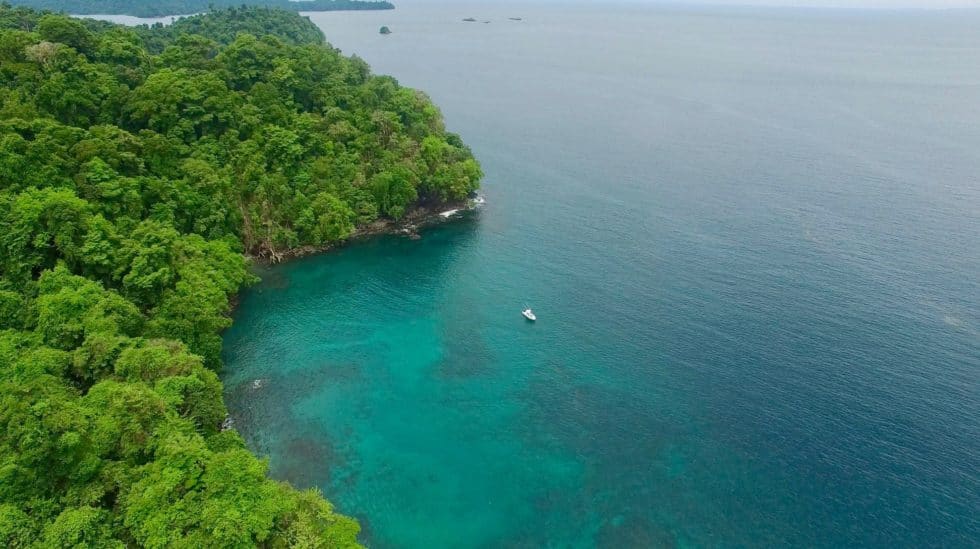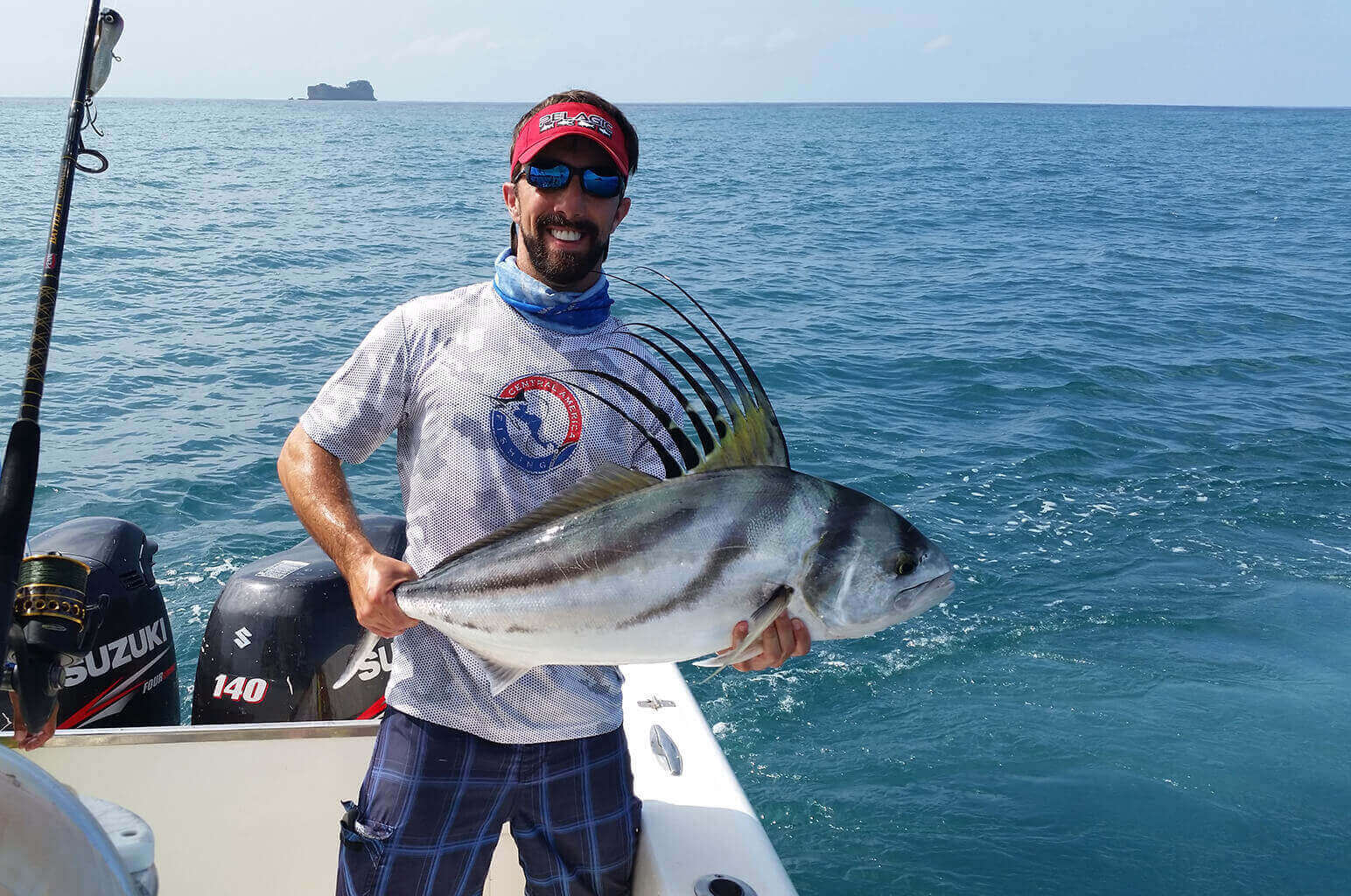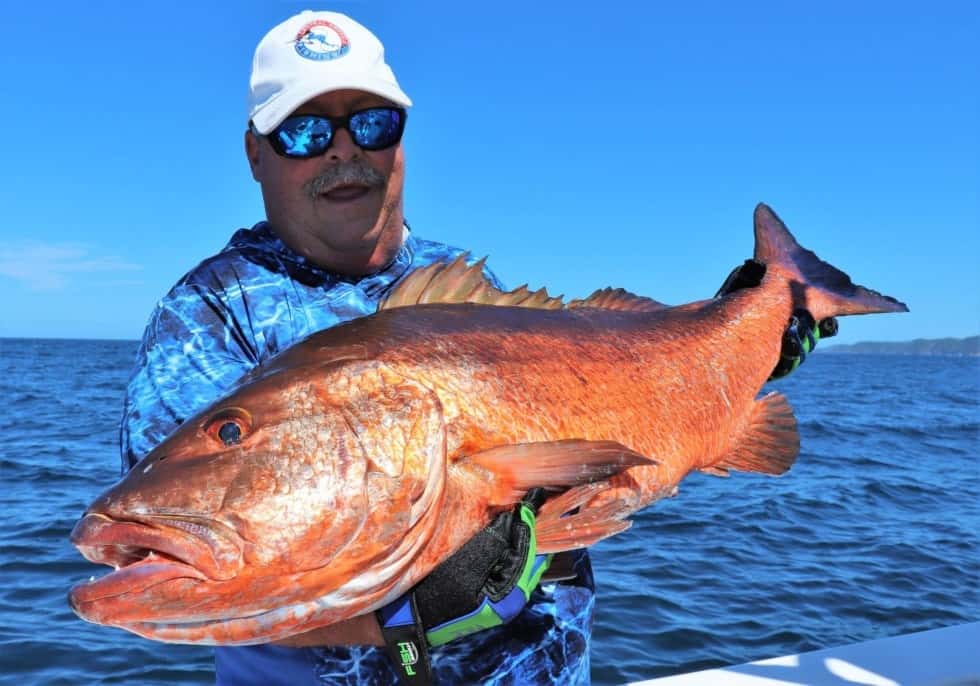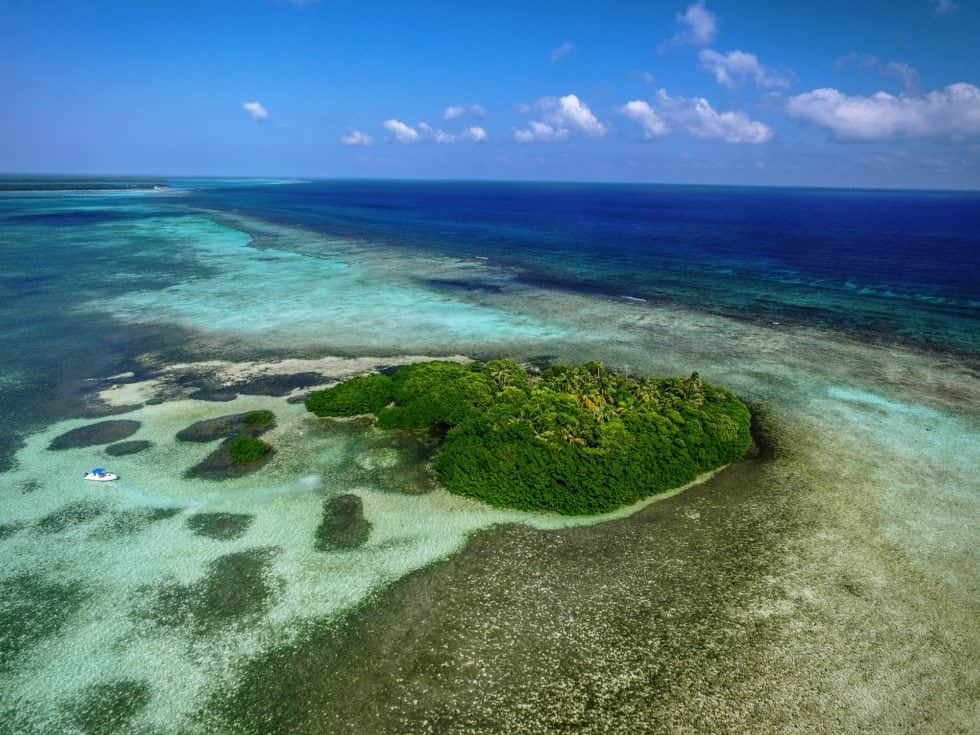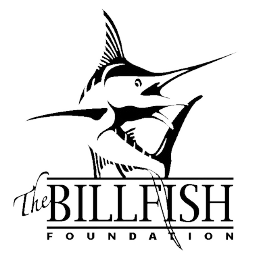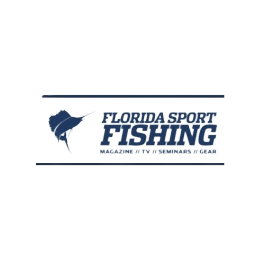Inshore Fishing in Central America
Available Species
FAQ’s
For anglers who prefer light tackle fishing for a variety of species, few places on Earth can compete with inshore fishing in Central America due to dual coastlines, the quantity and quality of game fish, and the consistent year-round action. Between the Caribbean Sea and the Pacific Ocean, we can catch nearly one hundred different species of game fish while fishing the warm coastal waters of Central America. Home to incredible variety, inshore fishing in Central America also produces trophy fish like the exotic roosterfish, bone-crushing cubera snapper, and world record sized tarpon and snook. Read below to learn more about where to enjoy Central America’s best inshore fishing, then trust our decades of local expertise to plan your trip and see why nearly 40% of our anglers are repeat & referral guests!
Where is the Best Inshore Fishing in Central America?
Central America features a Pacific Coast that measures roughly 1,200 miles long and a Caribbean Coast over 1,300 miles long. With over 2,500 miles of warm tropical coastline to fish, not to mention the world’s second longest barrier reef, few places on Earth can offer the diversity and quality of inshore fishing like Central America. Whether your goal is to rack up as many different species as possible or focus on landing a bruising monster like a 50+ lb cubera snapper or roosterfish, the ability to fish two oceans makes Central America a dream destination for light tackle enthusiasts.
When anglers contact us looking to go inshore fishing in Central America we tend to focus on Costa Rica, Panama, and Belize. As part of the Ring of Fire, the Pacific coastline of Central America is volcanic and features rocky outcroppings, reefs, pinnacles and hundreds of islands which is the perfect habitat for inshore game fish like jacks, snappers, mackerel and roosterfish. While Nicaragua, Guatemala, and El Salvador technically all offer the same species, the quality and quantity of habitat, conservation efforts, and fish populations are far superior in Costa Rica and Panama. Numerous major rivers empty into the Pacific as well creating opportunities to fish in mangroves and brackish water for species like covina, snappers, and world-record sized Pacific snook (59 lbs 8 oz. caught in Quepos, Costa Rica in March 2014).
Inshore Fishing in Costa Rica
Costa Rica’s Caribbean Coast offers some of the world’s best and most consistent fishing for tarpon and snook. The majority of the fish here are mature adults so we find them patrolling the river mouths and along the coast. Tarpon here average 80-100 lbs and can be targeted using bucktail jigs, live or dead bait, trolling lures, or even fly fishing. Snook are most often caught in the surf near the river mouths on black or white bucktail jigs. All of our fishing lodges are located on the calm intercoastals so they are mere minutes away from the major river mouths that attract the fish and serve as outlets to the open ocean. The ideal boat for tarpon & snook fishing is a 23′-26′ center console so you can easily and quickly punch through the river mouths and get into the Caribbean where the biggest fish are found.
The Best of Costa Rica
Quepos Fishing Adventure
Inshore Galore
Fish The Osa Peninsula
Target: Roosterfish
Coast 2 Coast
Inshore Fishing in Panama
It may have been the giant black and blue marlin and jaw-dropping numbers of yellow-fin tuna that made Panama a household name decades ago, but today the inshore fishing in Panama is every bit as popular as the big game offshore fishing. Few places on Earth can offer realistic chances of catching a 50+ lb roosterfish or cubera snapper every week of the year. It’s not just trophy fishing either, Panama’s Pacific Coast offers incredible variety as we can catch up to 30 different species in a week.
Panama’s Caribbean Coast is picturesque with it’s archipelagos, sandy cayes, and mangroves. The target species here include snappers, jacks, kingfish, mackerel, and of course more tarpon and snook. While the reefs are not as prolific as in Belize and the tarpon not as numerous as Costa, Panama is one of the few countries on Earth where you can easily fish two oceans in the same week. Here we fish 26′ center consoles to be able to run to various islands, get into the river mouths, and even cruise offshore on calm days in search of tuna or dorado.
The Best of Panama
Inshore Fishing at Jurassic Park
Panama Mothership
Artificials Only
Panama Coast 2 Coast
Popper Addicts
Inshore Fishing in Belize
The inshore fishing in Belize is entirely different than what we offer and experience in Costa Rica and Panama because its only coastline is located in the warm, tropical Caribbean and protected by the magnificent Mesoamerican Reef. Because of this reef, we actually offer two distinct types of light tackle fishing in Belize, reef fishing and flats fishing. The Mesoamerican Reef is over 600 miles long and is the second longest barrier reef in the world behind Australia’s Great Barrier Reef. It’s home to 60 different types of coral, 350 mollusks, and over 500 species of fish ranging from tiny blennies to the giant whale shark.
The fishing that Belize is most popular for is it’s incredible flats fishing. The calm, shallow waters inside of the reef offer miles of pristine saltwater flats which are home to the Inshore Grand Slam – bonefish, permit, and tarpon. While they may be the holy trinity for fly anglers, all three as just as fun and just as challenging on light tackle spinning gear. Few types of fishing are more interactive than slowly poling the flats with your guide as you try to spot and sight cast to fish you’ve been stalking for what seems like an eternity. Bonefish and permit are found year round on these flats, but the tarpon numbers increase during the summer months when the migratory population rolls through. Sometimes artificial plastics and lures work, but if you have small chunks of conch meat you are almost certain to get bit.
Best of Belize
Ruins to Reefs
Legendary Belize
Tarpon Fever
Grand Slam Placencia
Fish & Dive Ambergris Caye
Inshore Species of Central America
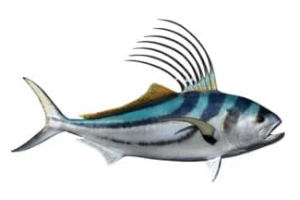
Roosterfish
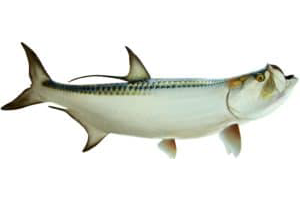
Tarpon
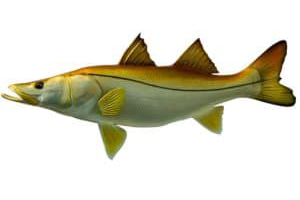
Snook
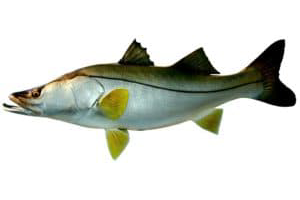
Pacific Snook
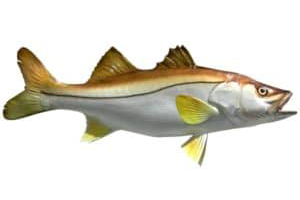
Fat Snook
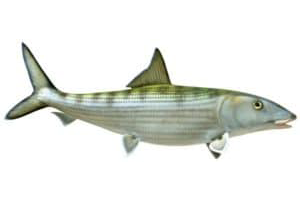
Bonefish
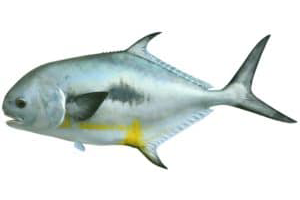
Permit
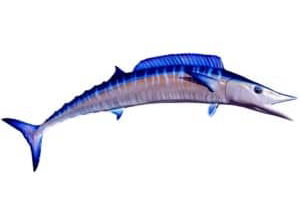
Wahoo
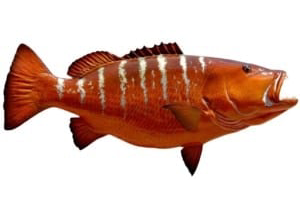
Cubera Snapper
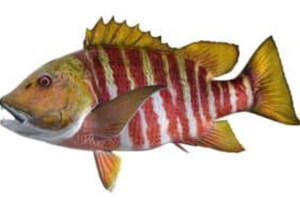
Rock Snapper
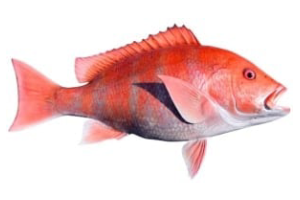
Red Snapper
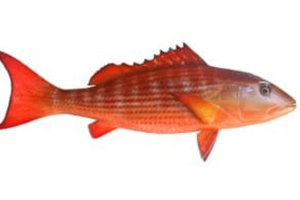
Mullet Snapper
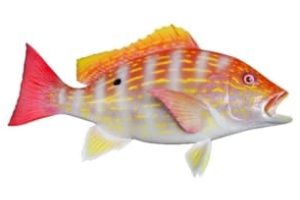
Lane Snapper
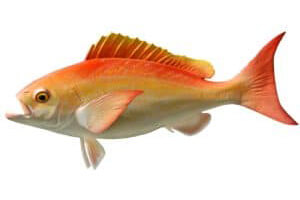
Vermillion Snapper
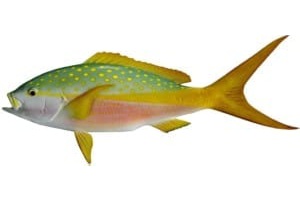
Yellowtail Snapper
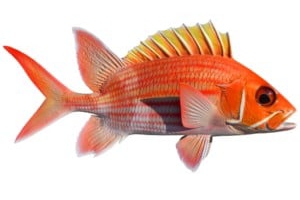
Squirrelfish
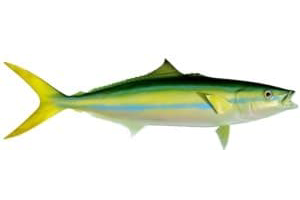
Rainbow Runner
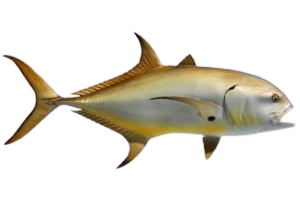
Jack Crevalle
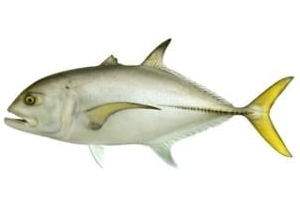
Horse-eye Jack
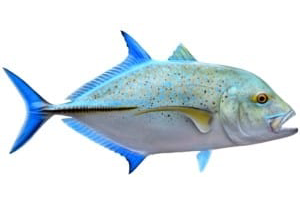
Bluefin Trevally
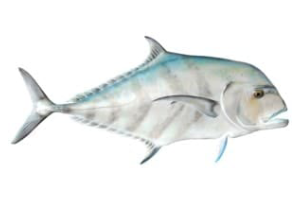
African Pompano
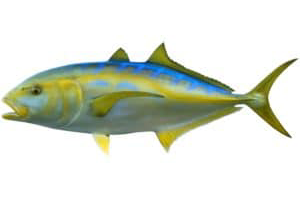
Yellow Jack
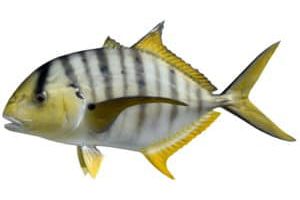
Golden Trevally
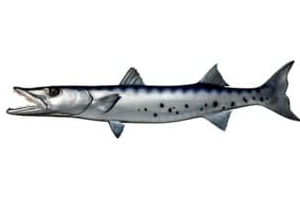
Barracuda
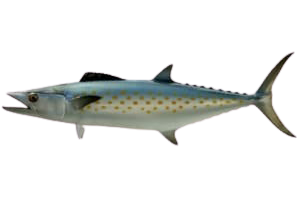
Mackerel
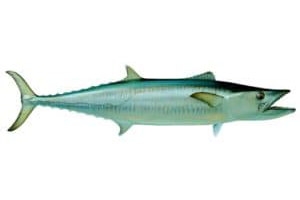
Kingfish
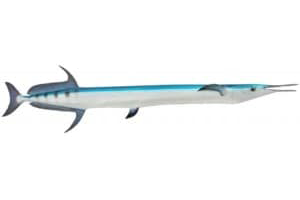
Needlefish
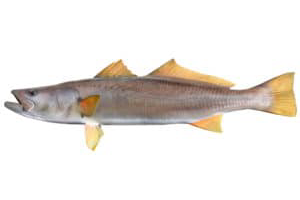
Corvina
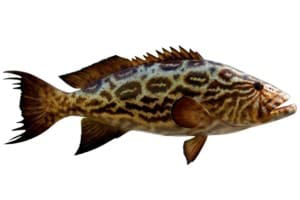
Broomtail Grouper
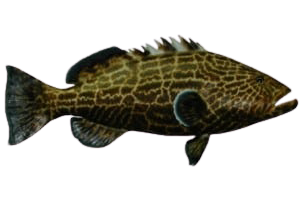
Black Grouper
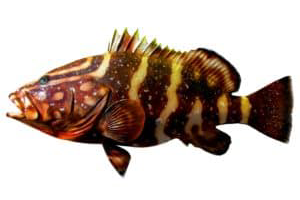
Nassau Grouper
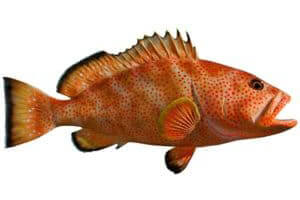
Strawberry Grouper
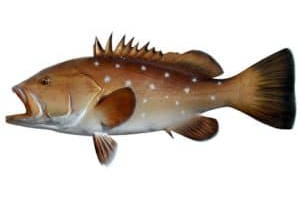
Snowy Grouper
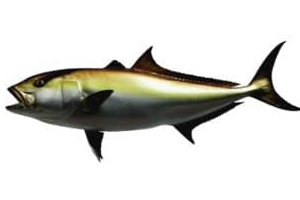
Amberjack
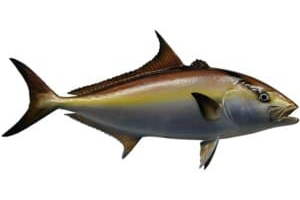
Almaco Jack
Inshore Fishing FAQs
Do I need a fishing license to fish in Costa Rica?
YES. All anglers need a fishing license to fish in Costa Rica. These are sold by the Instituto Costarricense de Pesca y Aquacultura, or INCOPESCA as they are known here. Unfortunately their website has functionality and language issues so it’s not easy to use, so you can buy the license in the morning right before you fish for the first time. The cost is $15 for one week or $30 for one month and it must be paid in cash.
How many people will be on my fishing boat?
All fishing charters booked by Central America Fishing are private, so the boat is 100% yours. We do not set up any shared charters.
What is the standard tip for a fishing charter in Costa Rica?
A standard tip for a charter fishing crew in Costa Rica is 10%-20% of the cost of the charter. Most captains are paid a low salary with the idea they’ll earn more tips the more they fish, but many mates rely 100% on tips for their income. Tipping in USD or Costa Rican colones is fine. We recommend giving the entire tip to the captain and let him divide it up with the mate.
Can I bring my own fishing gear?
OF COURSE! Even though our private charters provide all the fishing tackle and bait you’ll need, you are always welcome to bring your own lures, reels, and even rods if you want to catch fish using your own tackle. Fly anglers are always encouraged to bring their own fly gear.
Which fish in Costa Rica are catch and release and which ones can I keep to eat?
By law, all billfish in Costa Rica are strictly catch and release. While not a law, we also strongly encourage releasing all roosterfish, tarpon, and cubera snapper as they are such prized inshore species. Other species like tuna, dorado (mahi), wahoo, snappers, groupers, corvina, snook can be kept and enjoyed for a fresh seafood dinner.
Can I bring fish back home with me to my own country?
If you really want to enjoy your catch our best advice is to eat it while it’s fresh here in Costa Rica. We understand many of you love the idea of a Costa Rican seafood dinner in the comforts of your own home, so the good news is there is no law against it and people do it all the time. However – we do not have the final say in this so there are some things you need to keep in mind:
1 – Unlike some other popular fishing destinations, in Costa Rica there is no service that will package and ship fish home for you. If you want to bring fish home with you you’ll have to do it yourself in your own luggage. Our best advice is to bring down a soft sided, leak-proof cooler, have your fish frozen completely solid, wrap them in newspaper, and then check your cooler as part of your luggage since it will stay cooler in the cargo hold of the plane versus in the cabin as a carry-on. If you don’t have a cooler or forget to bring one, you can purchase affordable plastic coolers here in local grocery stores.
2 – While Costa Rica does not prohibit you from bringing fish fillets home with you, your international airline might. We strongly recommend you confirm this with your airline (in writing if possible) or you may have the fish confiscated from you at the airport check-in.
3 – Even if your airline lets you fly the fish home, your local customs may have an issue with you bringing in meat products from a foreign country. In our experience most customs agents don’t seem too interested in you bringing back frozen fish fillets from your fishing vacation to Costa Rica, but it can depend on the agent and depend on the day.
What if there is bad weather on our fishing day?
First of all, it is extremely rare to have a fishing day cancelled due to bad weather. Costa Rica is too far south for hurricanes, and on top of that we custom design every single one of our Costa Rica fishing packages to factor in not only where you’ll have the best fishing but also the best weather & sea conditions for the time of year you visit us.
It does happen every once in a while however, so if the captain, local marina, or government deem the conditions are unsafe the trip will be cancelled. The first course of action is to try and reschedule you, but if that is not possible you will be refunded in full.
Please note that rain and dark clouds are not considered bad weather. We are in the tropics and rain is a common occurrence here so that is not a cause for cancelling the trip. Many great fishing days happen in the rain – as they say the fish are wet anyway!
Why Fish With CAF?
We have been fishing, living, and traveling around Central America since 2003. Plan your trip with local experts to make sure you are in the right place, at the right time, and on the right boat. We’ll help you fish for what you want, the way you want.
Free vacation planning + the best direct rates. No booking fees!
Personalized service from pre-arrival to 24/7 in-country support.
Hand-picked accommodations, fishing captains, expert guides for the best vacation experience.
Nearly 40% of our anglers are repeat & referral guests. CAF puts you on the fish!
We are proud to have a global reach and have hosted anglers from 14 different countries here in Central America!
Conservation & Charity Partners
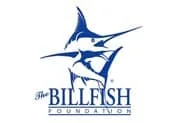
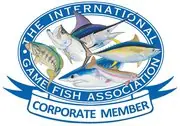
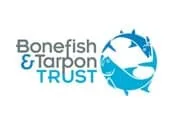
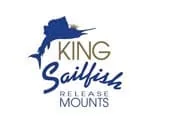


All fishing vacations booked with Central America Fishing include the following:
- Free Vacation Planning (no fees + direct rates)
- VIP Airport Meet & Greet upon arrival into SJO
- Private, air-conditioned transfers with English speaking driver.
- Luxury, private accommodations hand-picked and customized for your group. Choose between private condos & villas, luxury beach resorts, exclusive boutique hotels, and fishing lodges.
- Private fishing charters
- All eco / adventure tours you’d like to include
- All Costa Rican taxes
- Free quotes on travel insurance
- Pre-arrival assistance with dinner reservations, tee times, pre-stocking your condo or villa, hiring a private chef, and special requests.
- 24/7 support once you are here in country
